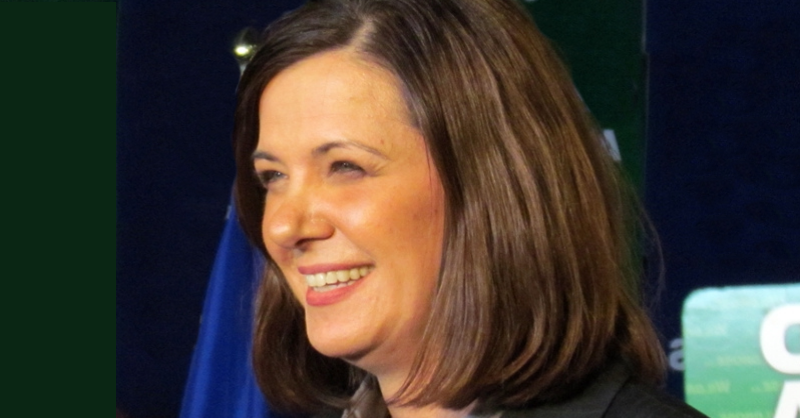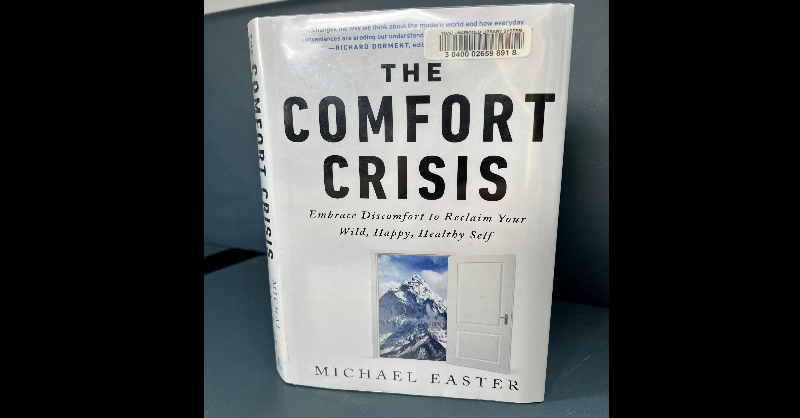
GRANT JOHNSON
Danielle Smith Taught Us Four Important Lessons
She beat all the odds and won against the NDP's smears, but will she use her four years wisely?
This website uses cookies to ensure that you have the best possible experience when visiting the website. View our privacy policy for more information about this. To accept the use of non-essential cookies, please click "I agree"



GRANT JOHNSON
She beat all the odds and won against the NDP's smears, but will she use her four years wisely?

NICK EDWARD
Weaponized Pride has created a more hostile environment for the LGBTQ movement.

ALLAN RAY
A hypothetical discussion is being had among some fringe activists and academics about erasing the word.

JOHN MILLER
This is a review of the book by Michael Easter.

RYAN TYLER
Since 1977, conservatives have been outnumbered in Manitoba. They need to make a big decision.

GRANT JOHNSON
A flu turned us against each other. Every man should be prepared to protect his family from something worse.

ALLAN RAY
The former governor general has proved himself a Liberal crony.

RYAN TYLER
They don't deserve our forgiveness.